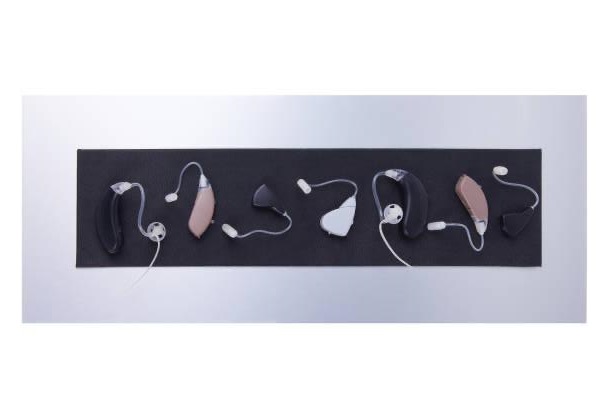Signs You Might Need Hearing Aids (And What to Expect)

Hearing loss often develops slowly, which means many people don’t realise how much they’ve been missing until daily conversations or activities become challenging. Recognising the early signs and knowing what to expect from hearing aids can make the transition smoother and far less daunting.
Common Signs You Might Need Hearing Aids
1. Struggling in Conversations
If you often ask people to repeat themselves, especially in group settings or noisy environments, it may be more than “just background noise.” This is one of the most common signs of hearing loss.2. Turning Up the Volume
Do you find yourself increasing the volume on the TV or radio to a level that others find too loud? That’s a clear red flag.3. Difficulty on the Phone
Phones remove visual cues like lipreading and facial expressions, which can make hearing loss more noticeable. If phone calls feel stressful or unclear, it might be time for a hearing test.4. Avoiding Social Situations
Struggling to follow conversations in restaurants, at family gatherings, or in meetings often leads people to withdraw socially. If you’re avoiding events you once enjoyed, it’s worth checking your hearing.5. Ringing or Buzzing in the Ears
Tinnitus (ringing, buzzing, or hissing sounds) often accompanies hearing loss. If this is persistent, it’s a sign to seek professional advice.What to Expect When Getting Hearing Aids
Step 1: A Comprehensive Hearing Test
Your audiologist will assess your hearing and explain the type and degree of hearing loss you may have. This forms the basis for recommending the right hearing aids.Step 2: Choosing the Right Hearing Aids
There are many styles—from discreet in-the-ear devices to advanced behind-the-ear options. Today’s hearing aids are more comfortable, stylish, and powerful than ever before.Step 3: Personalised Fitting and Adjustment
Hearing aids are programmed to match your hearing needs. Your audiologist will fine-tune them and guide you through how to wear and maintain them.Step 4: An Adjustment Period
It takes time to get used to hearing aids. You’ll notice new sounds, voices may feel different, and your brain will gradually adapt. Most people report significant improvements in confidence and communication within a few weeks.Step 5: Ongoing Support
Regular follow-ups ensure your hearing aids continue to meet your needs. Adjustments, cleaning, and maintenance are all part of long-term care.The Benefits of Taking Action Early
- Improved communication with family, friends, and colleagues
- Boosted confidence in social situations
- Reduced fatigue, as you won’t need to strain to hear
- Better brain health, since untreated hearing loss is linked to cognitive decline
